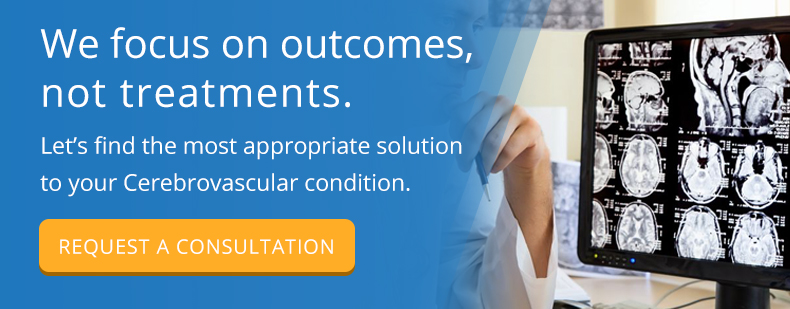When choosing a neurosurgeon to perform your cerebral aneurysm clipping, it’s important to look for certain traits that will improve the treatment’s chance of success. Learning that you need surgery is a stressful experience for everyone, so feel free to talk to several doctors until you find one that makes you feel as comfortable as possible. You may want to consider these four factors when choosing your surgeon.
Credentials
Neurosurgeons who specialize in cerebral aneurysm clipping typically have an FACS or FAANS certification. FACS stands for Fellow, American College of Surgeons. Doctors with this certification meet some of the highest standards set by the American College of Surgeons. FAANS stands for Fellow, American Association of Neurological Surgeons. Doctors with FAANS certifications must have sponsorship letters from at least three voting members of the American Association of Neurological Surgeons.
Doctors who have either of these degrees are qualified to perform surgical treatments such as cerebral aneurysm clipping and have gone through rigorous training to be able to do so.
Character
You need to choose a neurosurgeon with credentials showing that she or he can perform your surgery, but it’s also important to choose a doctor who makes you feel comfortable. Meeting with prospective neurosurgeons will help you decide which professional you prefer.
Some people prefer neurosurgeons who take a direct, informational approach to diagnosing and explaining health conditions. Other patients prefer neurosurgeons who spend more time walking them through the entire surgical process and ensuring they feel at ease. There isn’t a right or wrong approach, but it’s important that you find the one that works better for you.
Location
You can expect to spend at least a couple of days in the hospital recovering from cerebral aneurysm clipping. After getting discharged, though, you will still need to take time to rest and recover. Most patients prefer to receive surgical treatments at facilities located near their homes. By choosing a facility near your home, you can reduce the stress of traveling. You’ll also find it more convenient to meet with your doctor to discuss your treatment options and recovery plans.
Technology
Surgical treatments for cerebral aneurysms have improved significantly with help from modern technology. Not all neurosurgeons, however, have access to the latest tools. This makes it important for you to talk to surgeons about how they will perform your cerebral aneurysm clipping.
The most advanced surgical techniques require making a small opening in the head (called a craniotomy). Your surgeon will then locate the site of your aneurysm and attach a small clip to the aneurysm’s connective tissue. The clip prevents blood from flowing to the aneurysm, which practically eliminates the possibility that it will rupture.
Doctors to Consider for Your Cerebral Aneurysm Clipping
Dr. Gaetan Moise, MD, FAANS
Dr. Gaetan Moise graduated Alpha Omega Alpha from Columbia College of Physicians and Surgeons. He undertook a Surgery Internship at New York Presbyterian Hospital and completed his Neurological Surgery Residency and Chief Residency at New York-Presbyterian Hospital’s Neurological Institute.
Dr. Moise specializes in minimally invasive surgeries. He treats patients in Ridgewood.
Dr. Henry Moyle, MD, FAANS
Dr. Henry Moyle earned his medical degree from the David Geffen School of Medicine at the University of California, Los Angeles (UCLA). After graduating Alpha Omega Alpha, he completed his Internship, Residency and Chief Residency in Neurosurgery at UCLA.
Dr. Moyle has 15 years of post-residency experience. Over the last several years, he has focused on using the latest technologies to perform open vascular and minimally invasive surgeries. He treats patients in Toms River, New Jersey.


